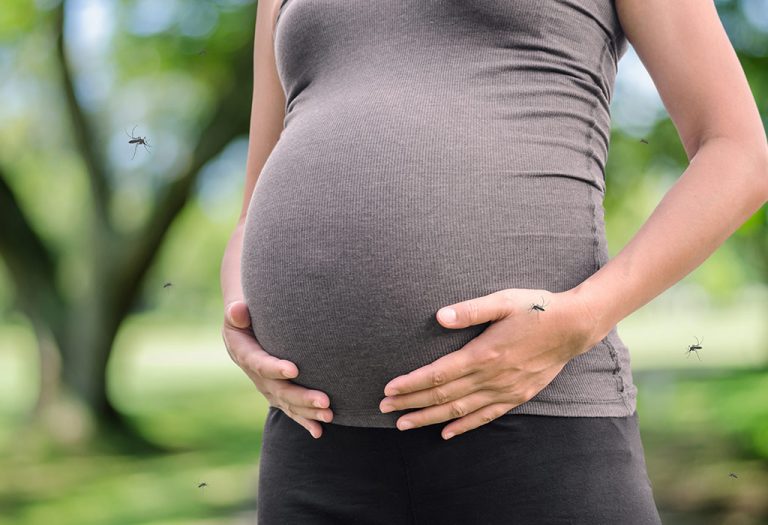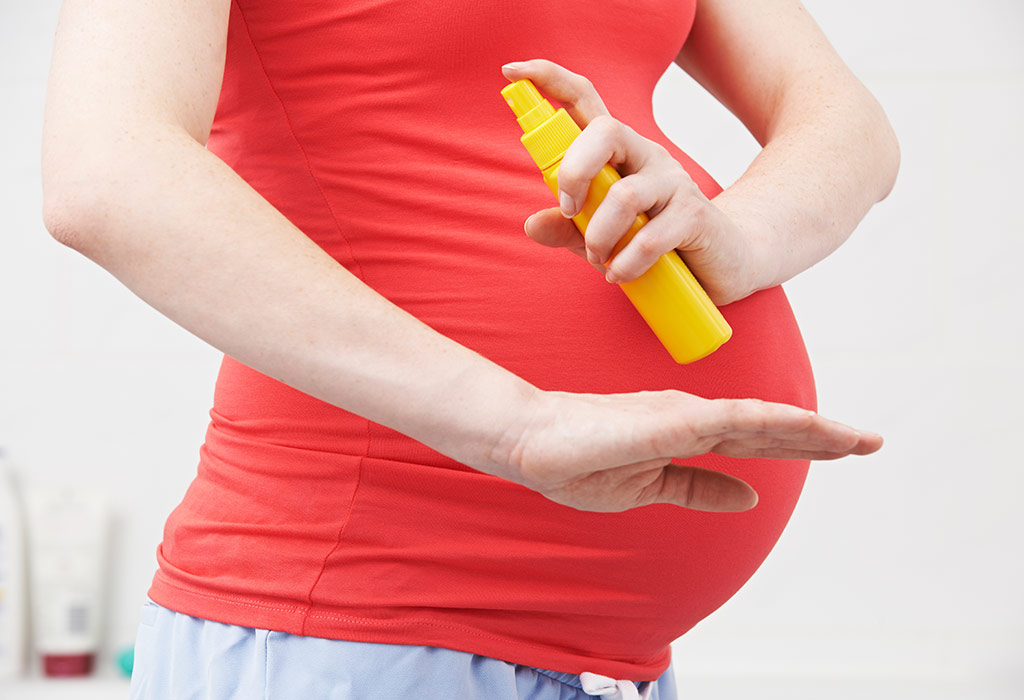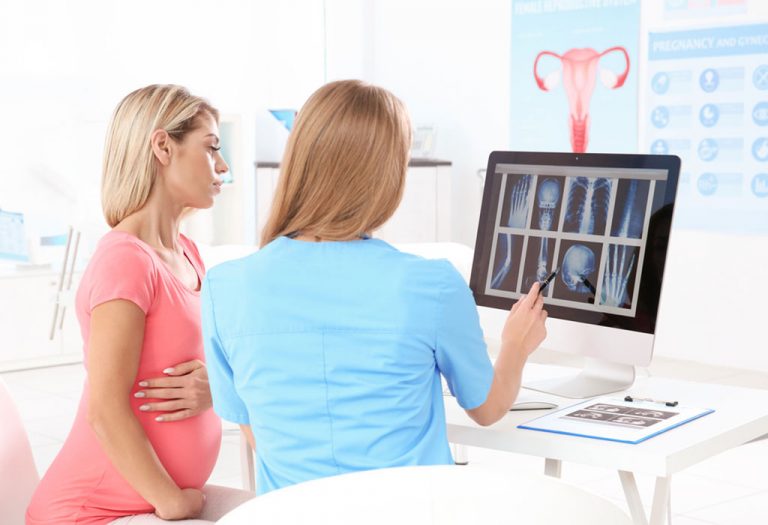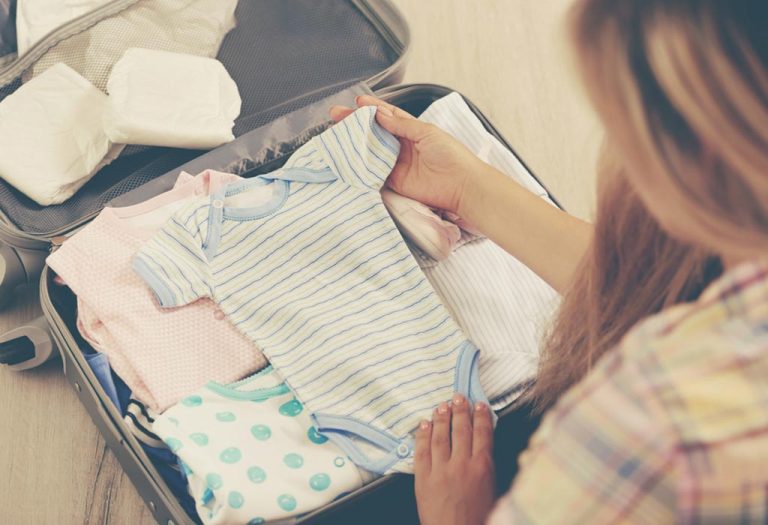Dengue In Pregnancy – Does It Affect Baby?

Come rainy season and humid climate, and mosquitoes up their ante, becoming highly active, thus giving rise to many mosquito-borne diseases. Dengue is a prominent illness that can cause several complications, making it especially risky if you are pregnant. Dengue in pregnancy can lead to severe health issues for both the mother and the unborn child. The combination of a weakened immune system during pregnancy and the virus’s aggressive nature makes it a dangerous threat. Symptoms can worsen quickly, requiring immediate medical attention. Pregnant women must take extra precautions. Early diagnosis and proper hydration are crucial to managing dengue in pregnancy and preventing life-threatening complications.
What Is Dengue?
Dengue is an illness that is passed on by mosquitoes. If left untreated, it can metamorphose into a severe and deadly infection known as dengue haemorrhagic fever. Dengue is generally found in the urban areas of tropical and sub-tropical regions of the world. The Aedes aegypti mosquitoes, which typically breed in stagnant water, are carriers of the dengue virus and they spread it through their bites (1). These mosquitoes have a life span of 40 days and carry the virus through this entire period. The rainy season is their favourite breeding season and one needs to be careful, especially during the months after the monsoon. These dengue-carrying mosquitoes are at the peak of their activity during early mornings and late afternoons.
Causes of Dengue During Pregnancy
The following are the most common causes of dengue (2):
- Dengue carrier mosquitoes, Aedes aegypti that are mostly found in tropical regions and warm and humid climates are the primary cause of dengue.
- Since these mosquitoes breed in stagnant water, open drains, pots, flower vases and stored water can become potential hotspots for dengue-carriers.
- The dengue virus consists of four strains, which means that you can be susceptible to the remaining three even if you have been infected once.
- Early mornings and late afternoons are when the dengue mosquito is most likely to bite.
Symptoms of Dengue When Pregnant
The following are the symptoms of dengue, which generally show up four to seven days after you have been infected by the dengue-carrying mosquito (3).
Dengue is identified with high fever which is accompanied by a couple of symptoms like headache, joint or muscle pain, vomiting, nausea, rash over the body, swelling of glands or pain behind eyes.
Severe dengue can show the following symptoms:
- Bleeding from nose or gums
- Extreme abdominal pain
- Skin bruising
- Continuous vomiting
- Difficulty in breathing
- Rapid breaths
What Are the Risks of Dengue Fever During Pregnancy?
There are many risk factors that are associated with dengue and pregnancy when both happen simultaneously as your growing baby could be affected in the following ways (4):
- Low weight at birth
- Miscarriage if dengue strikes in the early stages of pregnancy
- A primary effect of dengue in pregnancy is pre-term birth which does not allow your baby to grow fully
- A severe complication of dengue is Dengue haemorrhagic fever and it can be fatal for the foetus
- Dengue may disrupt blood flow to the placenta, affecting fetal nutrition and oxygen supply
- Pregnant women with dengue are more prone to severe symptoms like high fever, dehydration, and organ damage
Will Dengue Affect Your Baby?
Dengue does not lead to any kind of physical deformity nor does it pass on to the baby. However, it is best to take enough precautions so that the infection does not spread to the baby after the delivery. Your doctor will check your baby for a low platelet count, fever and rashes over the body if you have contracted dengue during pregnancy (5).
Dengue Effects in Different Stages of Pregnancy
Dengue fever can cause different problems at different times of pregnancy. It’s important to know these risks, especially of dengue in pregnancy, 2nd & 3rd trimesters to get the right care.
- 1st Trimester: Getting dengue in pregnancy first trimester makes miscarriage more likely. The high fever can stress both mother and baby during this important growth time.
- 2nd Trimester: While this is usually the safest time, dengue can still cause problems with the placenta. This might mean the baby doesn’t get enough food and oxygen to grow properly.
- 3rd Trimester: Dengue is most dangerous at the end of pregnancy. It can make the baby come too early and cause heavy bleeding during birth. There’s also a small chance the baby could get dengue too.
Diagnosing Dengue in Pregnant Women
Medical professionals can diagnose dengue infection through blood analysis. During this process, a healthcare provider will draw a blood sample for laboratory examination. It’s crucial to inform your physician about any recent travels, as this information plays a vital role in identifying potential dengue exposure (6). Individuals who have visited regions experiencing outbreaks of mosquito-transmitted illnesses have an elevated risk of contracting these diseases.
How to Treat Dengue While Pregnant
The importance of treating dengue in pregnancy management is critical and is no different from general cases of dengue. Like others, it will include a blood test to check if you are infected with the dengue virus and to understand its severity. Here are a few pointers to its treatment during pregnancy (7):
- You are advised to drink a lot of fluids, including water and fresh juices, since it is important to maintain the embryonic fluid level, and being hydrated is the key to it.
- You will be administered painkillers and antibiotics to keep joint pains and aches in control.
- Over-the-counter medicines are a complete no-no during pregnancy since they are not safe.
- Your blood pressure and platelet count will be checked on a regular basis.
- In case of severe dengue, platelet infusion may be advised.
- You will also be administered intravenous fluid and oxygen.
- Blood transfusion could be needed in case there is excessive bleeding.
Is Dengue Treatment Safe for Pregnant Women?
The most common form of treatment for dengue when you are pregnant is to ease its symptoms since there are no specific vaccines or antivirus that have been made for dengue. However, the safety of the mother and baby is of paramount importance; hence only medicines like paracetamol, which are free of side-effects will be prescribed. Also, your doctor will ask you to drink a lot of fluids and take rest.
In case of severe pregnancy dengue, you will be treated at a hospital where your condition can be continuously monitored and steps can be taken to stabilize your blood pressure and minimize any chances of dehydration. If your platelet count is low then you will need a blood transfusion to achieve the minimum level.
What Are the Preventive Measures of Dengue Infection?
It is very important for you to protect yourself from contracting dengue during pregnancy to avoid any complications in the future. You are also responsible for your baby’s health and will have to keep it safe from the dengue virus. The following precautions will help you to do so (8):
- Mosquitoes love warm environs so choose a cool room to rest in during the day time.
- Install mosquito nets wherever possible and use safe mosquito sprays or repellents to keep the mosquitoes away.
- Remove any stagnant water in vases or air-conditioner outlets around the house to prevent breeding.
- Wearing full-sleeved and light coloured clothes can help in warding off mosquito bites.
- Get your blood checked on a regular basis and seek medical advice when you are in doubt.
- Cover the doors and windows with a fine mesh to prevent the mosquitoes from entering your home.
- While applying mosquito repellents, it is better to apply the repellent frequently and repeatedly rather than applying a larger quantity in one go, as this provides better protection.
FAQs
1. Does a previous dengue infection protect my baby during pregnancy?
No. Even if you’ve had dengue before, pregnancy weakens your immune response. A second infection (with a different dengue strain) could be more severe, increasing risks of complications like hemorrhagic fever.
2. Can I breastfeed if I have dengue after delivery?
Yes, but with caution. Dengue virus doesn’t transmit through breast milk, but if you have a high fever or bleeding risk, temporary pumping and feeding may be advised. Stay hydrated and consult your doctor.
This was all about dengue fever and pregnancy. As a mother-to-be, you will need to be extra careful during pregnancy and ensure that you are safe from illnesses like dengue. Preventing dengue infection, taking timely measures and seeking prompt medical advice is the key to keeping yourself and the baby safe from dengue.
References/Resources:
1. WHO – Dengue and severe dengue
3. Cleveland Clinic – Dengue Fever
4. National Library of Medicine – Dengue in Pregnancy: A Southeast Asian Perspective
5. National Library of Medicine -Dengue
6. CDC – Symptoms of Dengue and Testing
Also Read:
Chikungunya in Pregnancy
Chickenpox in Pregnancy
Malaria when Pregnant
Viral Infections during Pregnancy
Was This Article Helpful?
Parenting is a huge responsibility, for you as a caregiver, but also for us as a parenting content platform. We understand that and take our responsibility of creating credible content seriously. FirstCry Parenting articles are written and published only after extensive research using factually sound references to deliver quality content that is accurate, validated by experts, and completely reliable. To understand how we go about creating content that is credible, read our editorial policy here.





































